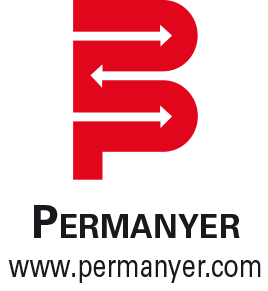Background: Hepatocellular carcinoma is the third most common cause of cancer death worldwide. Early stage hepatocellular carcinoma is typically silent, leading to diagnosis in advanced stages in up to 80% of patients. Therapeutic options available to these patients are limited and often have a poor prognosis. Sorafenib is the only systemic treatment that has shown increased overall survival in patients with advanced hepatocellular carcinoma. However, there is no actual consensus on a second-line systemic therapy in patients who are unresponsive to sorafenib. Evidence suggests that some patients may benefit from fluorouracil-based schemes after failure with sorafenib. We report on a histopathologic complete response likely induced by a fluorouracil-based regimen in a patient with advanced, sorafenib-refractory, unresectable hepatocellular carcinoma. Case presentation: A 51-year old Latin male with an unresectable stage IIIC hepatocellular carcinoma was initially treated with oral sorafenib therapy. Sorafenib was discontinued after disease progression was documented. Palliative systemic chemotherapy was started with oxaliplatin and 5-fluorouracil (Mayo scheme). A substantial reduction of the tumor size was achieved and allowed a complete surgical resection. Pathological examination revealed extensive necrosis. Twenty months after the resection, there is no evidence of tumor recurrence. Conclusion: A pathological complete remission was induced by a fluorouracil-based regimen in a patient with advanced sorafenib-refractory hepatocellular carcinoma. Since complete tumor resection is the only definite treatment, it is of major importance to promote treatment options that improve its resectability as in the case presented.
|



